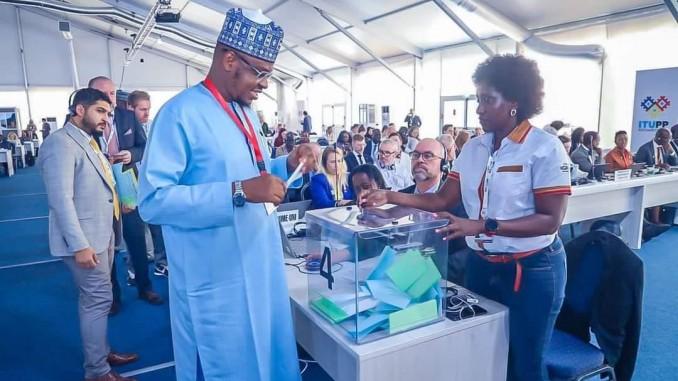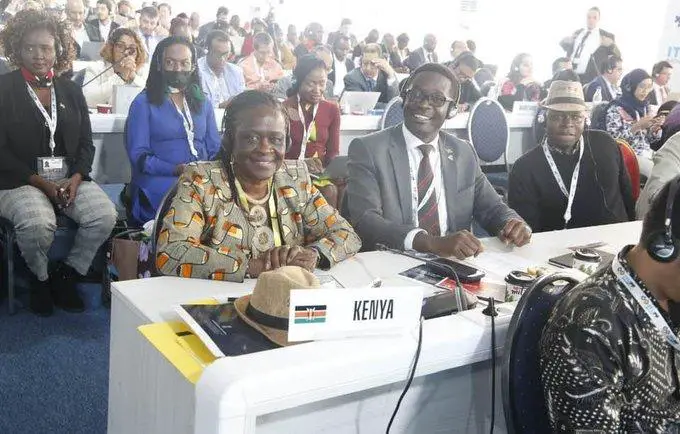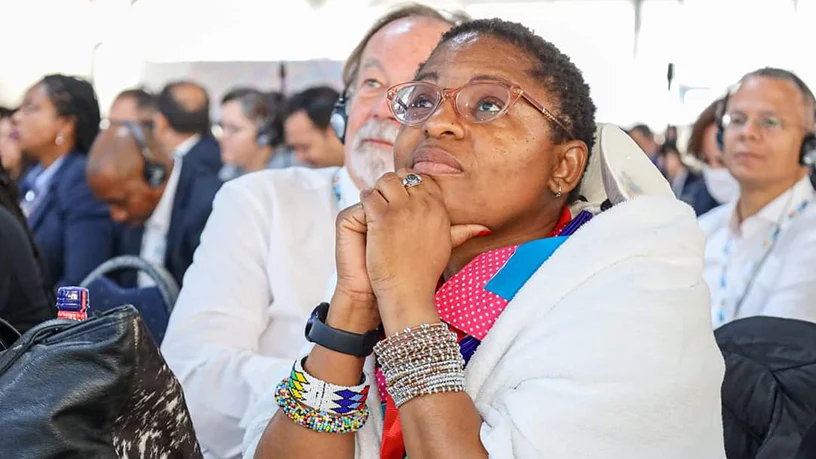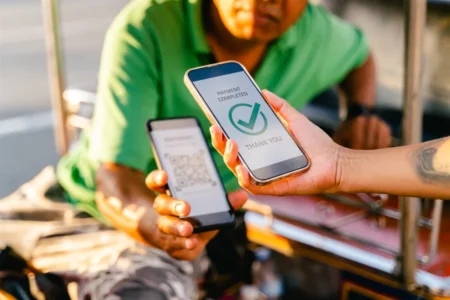In clear recognition of South Africa’s critical role on the global telecommunications stage, the country was re-elected as a Council member of the International Telecommunication Union (ITU), the United Nations specialised agency that oversees global telecommunication operations. South Africa will serve on the Council again from 2023-2026.
The ITU, originally established in 1865 as the International Telegraph Union and became a United Nations specialised agency in 1947, was set up to coordinate telecommunications operations and services throughout the world. It is headquartered in Geneva, Switzerland.
- South Africa has been re-elected as a council member of the International Telecommunication Union (ITU) Council, a specialised agency of the United Nations responsible for many matters related to ICT.
- South Africa was elected into the ITU Council Region D for Africa, which has 13 seats. The other 12 countries elected alongside South Africa are Algeria, Egypt, Ghana, Kenya, Mauritius, Morocco, Rwanda, Senegal, Nigeria, Tanzania, Tunisia, and Uganda.
According to the Department of International Relations and Cooperation, South Africa became a member of the ITU in 1881. In 1965 following the Montreux Plenipotentiary Conference, the country was excluded from participating in meetings of the Organisation but remained a member of the organisation.
A follow-up decision taken at the 1989 Plenipotentiary Conference in Nice resolved that South Africa would continue to be excluded from all conferences, meetings and activities of the ITU until such time as apartheid policies were eliminated.
The Executive Council set this resolution aside on May 9, 1994, and formally adopted during the 1994 Plenipotentiary Conference. South Africa submitted instruments of accession to the constitution, convention and optional protocol of the ITU on June 30, 1994, thus permitting its full participation in the ITU with effect from the 1994 Plenipotentiary Conference held in Japan. At that conference and at the subsequent conferences in Minneapolis, in 1998 and Marrakech, in 2002, South Africa was nominated and elected to membership of the Council.
The ITU is governed by the Plenipotentiary Conference and the Administrative Council. The Plenipotentiary Conference is the supreme organ of the Union. It is the decision-making body that determines the Union’s direction and activities.
On the other hand, the Council acts as the Union’s governing body in the interval between Plenipotentiary Conferences. Its role is to consider broad telecommunication policy issues to ensure that the Union’s activities, policies, and strategies fully respond to today’s dynamic, rapidly changing telecommunications environment.
ITU Council also prepares a report on the policy and strategic planning of the ITU, and it is responsible for ensuring the smooth day-to-day running of the Union, coordinating work programmes, approving budgets, and controlling finances and expenditures.
The Council also takes all steps to facilitate the implementation of the provisions of the ITU Constitution, the ITU Convention, the Administrative Regulations (International Telecommunications Regulations and Radio Regulations), the decisions of Plenipotentiary Conferences, and where appropriate, the decisions of other conferences and meetings of the Union.
The election of South Africa and other countries, on Monday, October 3, 2022, into different regional groups that constitute ITU Council was the highpoint of the Plenipotentiary Conference 2022 (PP-22) ongoing in Bucharest, the capital city of the Republic of Romania.
The seats in ITU Council are divided into five regions, A to E. South Africa was elected into the ITU Council Region D for Africa, which has 13 seats. The other 12 countries elected alongside South Africa are Algeria, Egypt, Ghana, Kenya, Mauritius, Morocco, Rwanda, Senegal, Nigeria, Tanzania, Tunisia, and Uganda.
Elections of member states also took place into Region A for The Americas (nine seats); Region B for Western Europe (eight seats); Region C for Eastern Europe & Northern Asia (five seats); and Region E, for Asia and Australasia with 13 seats as Africa.
The 21st Plenipotentiary Conference of the Council, also saw the election by member states, of Doreen Bogdan-Martin of the United States of America as the organisation’s next Secretary-General.
As the first woman to lead ITU in its 157-year history, Bogdan-Martin will begin her four-year term from January 2023, when Houlin Zhao would have completed his second final term of four years in office as ITU Secretary General.
South Africa’s Communications and Digital Technologies Minister Khumbudzo Ntshavheni said: “After months of intense lobbying, South Africa yesterday was re-elected to its seat on the ITU Council, which is currently taking place in Bucharest, Romania.”
“In a very emotional and tense environment, our country could not secure enough votes for the Radio Regulations Board (RRB) seat.”
“Accepting this hard-won victory, South Africa will ensure it redoubles its efforts also to regain a seat on the RRB at the next Plenipotentiary Conference, which will be held in four years,” she added.
Read: Liquid, Eutelsat partner to launch satellite ground station in South Africa
Meanwhile, the 12 members of the coveted RRB are also elected at the Plenipotentiary Conference. They perform their duties independently and on a part-time basis, normally meeting up to four times a year in Geneva, Switzerland.

Commenting on Nigeria’s re-election as ITU Council member, the Executive Vice Chairman and Chief Executive Officer, Prof. Umar Danbatta, thanked the ITU member states for the confidence it has in Nigeria, expressed by the re-elected into the ITU Council, in which the country has been playing a critical role over the years.
“The re-election of Nigeria as a member of ITU Council for the next four years again points to the globally-recognised leadership role Nigeria is playing in Africa and at the level of ITU Council in the area of telecommunications policy formulation and technical regulations development to drive ITU’s mission and vision,” said Prof. Umar Danbatta.
The Nigerian delegation was successfully led to the global event by the Honourable Minister of Communications and Digital Economy, Prof. Isa Ali Ibrahim Pantami. Other members of the delegation include the Chairman, the Board of Commissioners of the Nigerian Communications Commission (NCC), Prof. Adeolu Akande, and the Executive Vice Chairman/Chief Executive Officer of NCC, Prof. Umar Danbatta.

Communications Authority of Kenya’s (CA) Director General Ezra Chiloba said Kenya garnered 146 votes, the highest in the African region to secure a seat on the 48-member Council.
“The results demonstrate that Kenya continues to enjoy the trust and confidence of the international community to provide meaningful leadership in the advancement of the digital economy,” The CA Director-General said.
“It is also an inspiration for us to do more to deliver dividends of digital transformation to every citizen in the country.”
The Communication Authority of Kenya (CA) spearheaded the campaign in collaboration with the Ministry of Foreign Affairs and the Ministry of Information, Communication and Digital Economy.











